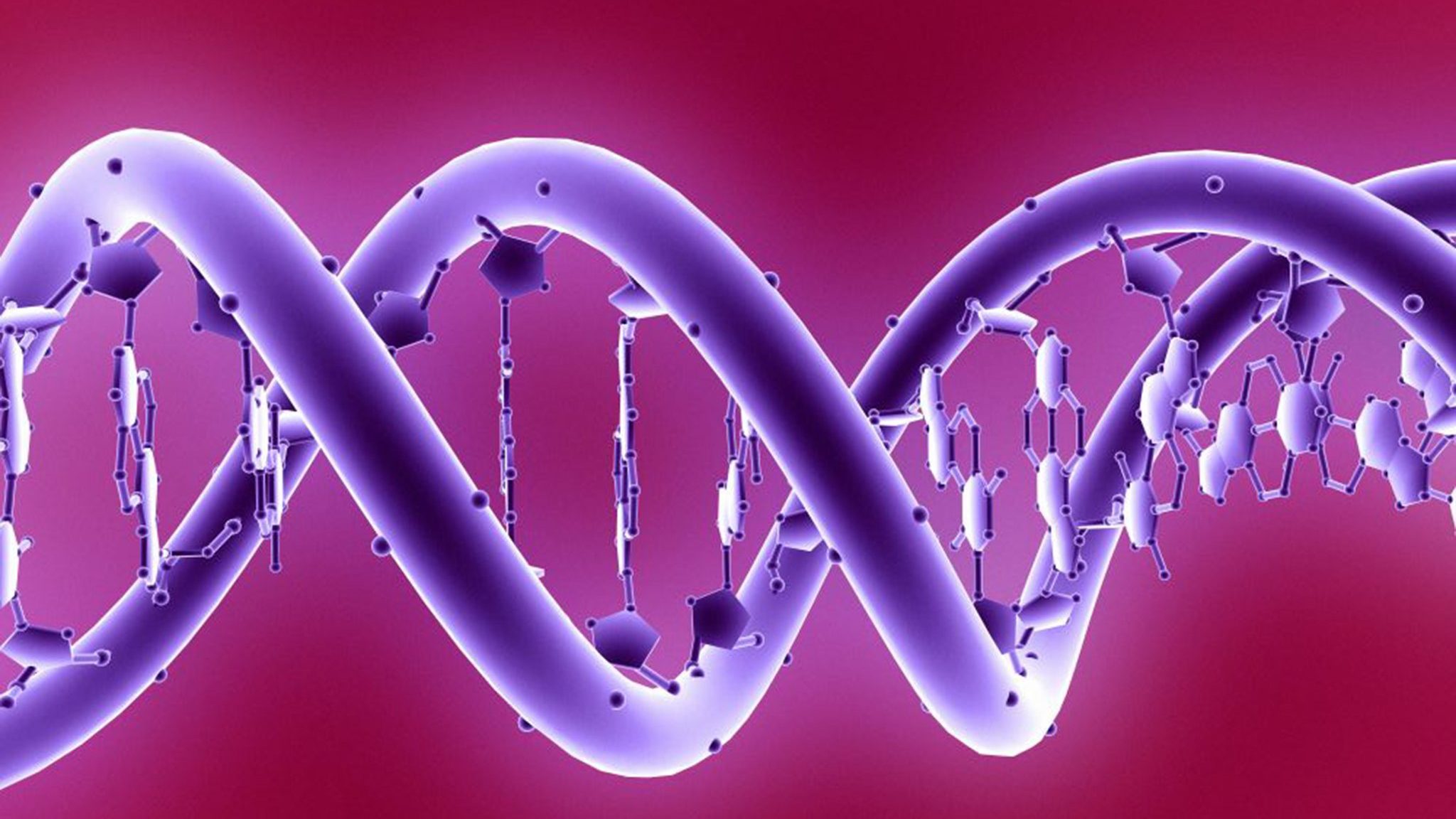Cancer has taken millions of lives over the past decade alone. The scientific community has been working towards developing a cure for cancer or a vaccine for the disease for a long time now.
[fvplayer id=”2213″]
Why is there no cure for cancer or a vaccine even in 2019?
However, given the transient nature of the disease, it can be extremely difficult to create a wide-ranging vaccine that prevents tumors. This is because tumors mutate according to their external environment. The wide differences between different types of cancers at the molecular level have made it impossible to find a vaccine that can work against this disorder.

However, Stephen Johnston, a scientist at Arizona State University Centre for Innovations in medicine, has recently launched the clinical trial, which will test a cancer vaccine in dogs all over the country. The trial is designed to check whether the vaccine can prevent or delay the development of cancer in healthy dogs.
Potential cure for cancer vaccine being tested on dogs
He decided to test the vaccine on dogs on the recommendation of veterinarian Doug Thamm, who is a cancer survivor himself. He told Johnston that canine cancers are quite similar to human cancers on a molecular level. This is due to the fact that humans and dogs share a similar environment.

The two men, therefore, decided to undertake the clinical trial called Vaccination Against Canine Cancer Study.
Johnston and his team identified several neoepitopes which are found in the 8 most common cancers occurring in dogs. Of these, they used 31 new epitopes to develop the vaccine.
“We anticipate if we vaccinate with these 31 components ahead of time, just like an infectious disease vaccine, the dog’s immune system will be prepared — pre-prepared to see a tumor and kill it,” said Johnston.
If the vaccine managers to train the immune system of these dogs to recognize cancer cells early, it will prevent the onset of the disorder.
“(Tumors) have stealthy devices; they have ways of suppressing the immune system. At an early stage, a tumor hasn’t evolved all those capabilities, so we think we have an inherent advantage by attacking very early,” Johnston says.
However, even if it works, it will be a long time before it can be implemented on humans.









